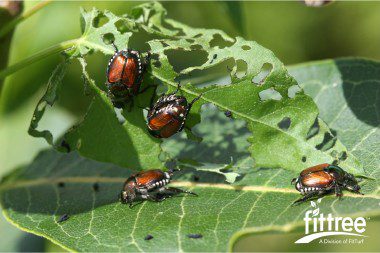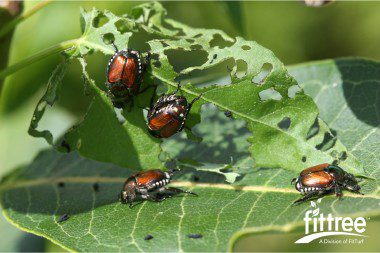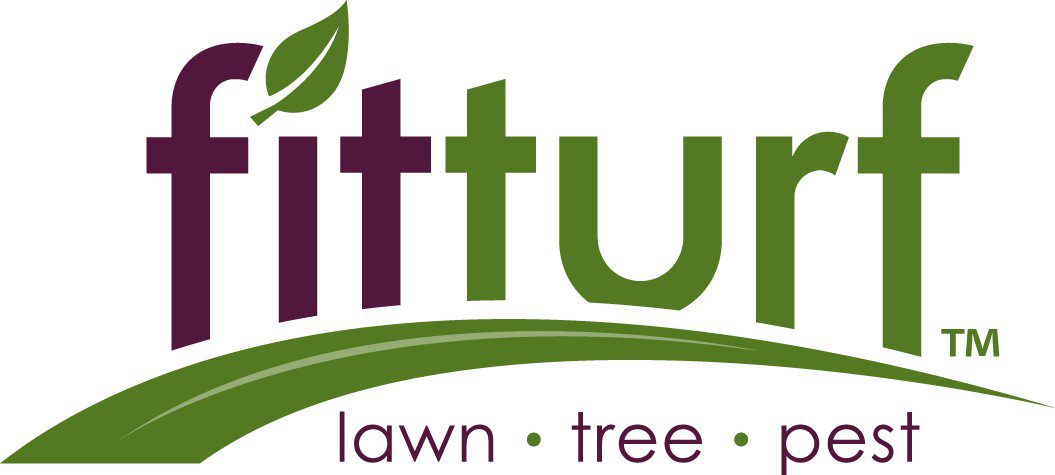Citizen Scientist Initiative – Denver Colorado

Learn all about a new Colorado initiative to track the invasive Japanese Beetle throughout the state at the Fit Turf blog.
In the News: Citizen Scientists Asked to Track Japanese Beetles
Here at Fit Turf, we’re no strangers to invasive species that compromise the health and beauty of our gardens and lawns. Now, the Denver Museum of Nature and Science is asking the public for help in tracking one of the most resilient and difficult-to-eradicate of all invasive bugs: The Japanese Beetle. The museum is asking for the help of “citizen scientists” — everyday citizens like you and me — to track the presence of these pesky bugs throughout the state.
What are Japanese Beetles?
Japanese Beetles are about 10-millimeter long invasive bugs with brownish wingcases and a green, metallic front part. According to the museum, the beetles arrived in Colorado in 1995 and have been present in the region every summer since. Although Japanese beetles shouldn’t be able to thrive in Colorado’s dry climate, our tendency to thoroughly water our lawns has created a lush, thriving environment for the bugs. Unfortunately, these stubborn bugs aren’t good for our ecosystem, and are quickly taking a bite out of our lawns.
Why are they so bad for our landscapes? Unfortunately, thriving colonies of Japanese Beetles in Denver and throughout the state enjoy feeding on over 200 different species of plants, and are especially partial to vines and roses. Their larvae eat the roots of your grass, which causes it to die. Additionally, adult beetles eat the leaves of your trees, shrubs and flowers, which weakens them and eventually kills them.
Join the Fight Against Japanese Beetles
Partnering with Fit Turf for a Metro-Denver pest control program can help eradicate these plant-eating invasive species from your lawn. If you want to help contribute to the study, you can submit found beetles dead or alive in a sealed container to the museum. Take them to the security desk at the staff and volunteer entrance with a label identifying where the beetle was found with your name.


